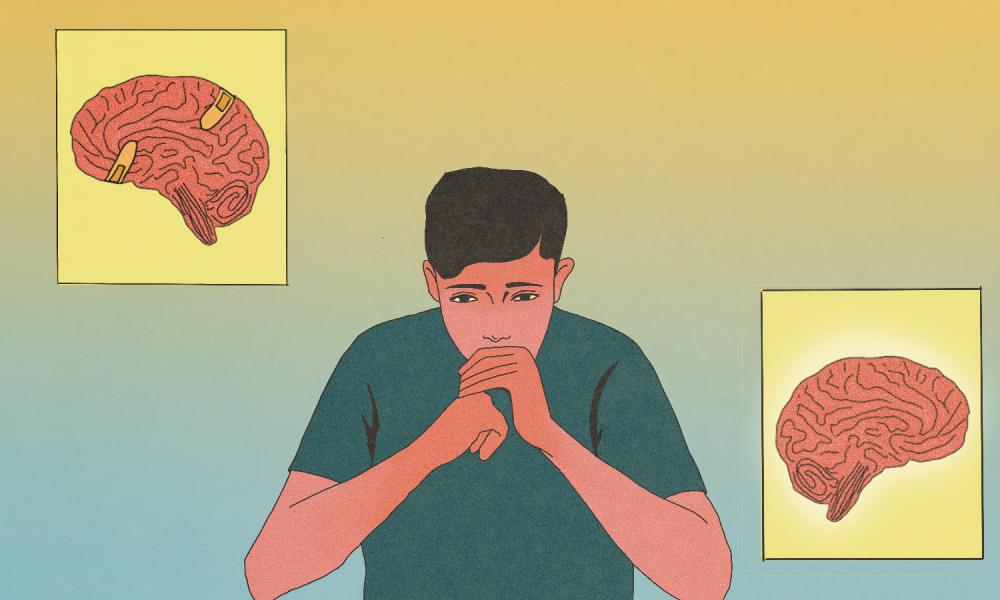
Depression is a common yet debilitating mental health condition that affects millions of people worldwide. It can affect general well-being, relationships, employment, and daily living, therefore influencing life. Treating depression, Cognitive Behavioral Therapy (CBT) has grown to be among the most successful kinds of psychotherapy available. Focused on spotting and altering unfavorable thinking patterns and behaviors causing depression, CBT is a time-limited, regimented treatment. Helping people understand and control their depression is mostly dependent on cognitive behavior therapists (CBTs), who also help in rehabilitation by these means.
Understanding Depression through Cognitive Behavioral Therapy
At the core of CBT is the understanding that our thoughts, emotions, and behaviors are interconnected. Negative thought patterns frequently cause depressed people to feel hopeless, powerless, and low in self-worth, which shapes their behavior and general mood. By helping people recognize and dispute these warped ideas and substitute more reasonable, balanced viewpoints, CBT seeks to interrupt this loop. Changing one’s perspective helps one to feel better and behave differently.

Teaching Practical Skills for Coping
Teaching clients useful techniques for controlling their emotions and stress is another essential contribution of cognitive behavior therapists to conquering depression. Therapists frequently walk people through several coping mechanisms, including mindfulness practices, relaxation exercises, and problem-solving skills. These tools enable people to control challenging emotions and circumstances, therefore lowering the possibility of recurrent depressed episodes.
An essential element of CBT is also behavioral activation. Depression sometimes causes social disengagement and a lack of interest in once enjoyable activities. Therapists in cognitive behavior help patients to progressively include important and enjoyable activities into their everyday schedule. Those who do this start to feel positive reinforcement, which can help to reduce depression symptoms.
Fostering Self-Empowerment
CBT stresses the need for introspection and personal development. By enabling people to realize they can alter their ideas and actions, the therapists empower them and allow them to experience long-lasting mental health improvement. By use of treatment, people acquire a better awareness of their illness and learn to participate actively in their rehabilitation.
By leading people through the process of identifying and correcting negative thought patterns, teaching pragmatic coping methods, and encouraging self-empowerment, they significantly help people overcome depression. CBT helps people discover better ways to control their depression, therefore enhancing their emotional well-being and quality of life. Among the most successful therapies for depression, CBT’s methodical approach gives people useful tools for long-term rehabilitation.






